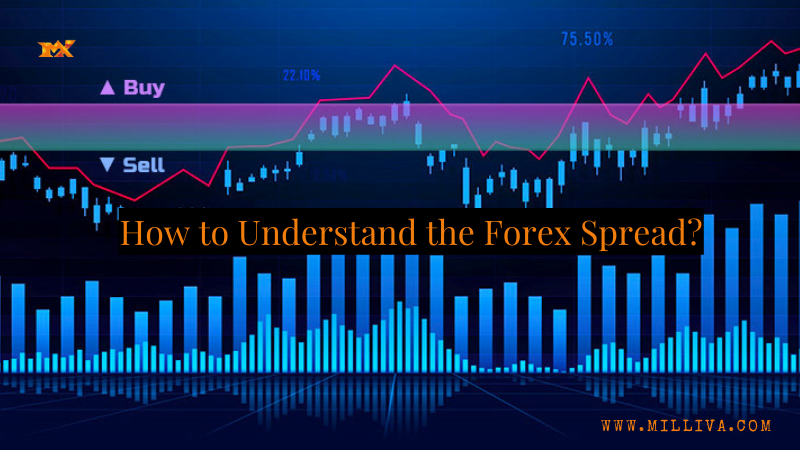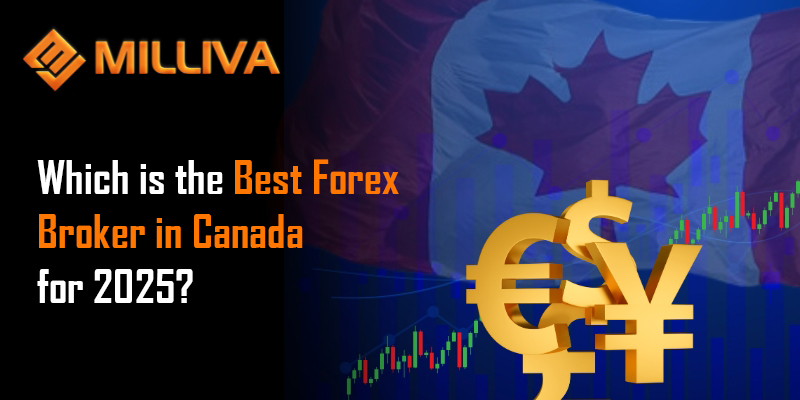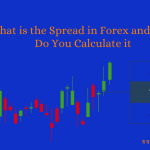How to Understand the Forex Spread

![]()
You should understand the general structure of any Forex trade, to understand the Forex spread better and also how it affects you. One way to look at the trade structure is that all trades are conduct through intermediaries who charge for their services. The charge which is the trade’s difference between the bidding and the asking price is called Spread. Further, in this blog, let’s have a thorough look at how to understand the Forex spread and what are spread in Forex. Simply, the spread is a transaction fee paid to the facilitator for their service. During its lower at busy trading times.
What is a Spread in the Forex Market?
Simply, the Forex market involves trading one international currency in exchange for another at a predetermining and floating exchange rate. The spread refers to the difference between the bid and ask price of a currency pair, with this usually measured in pips and malleable to a variety of market factors and economic events.
You may find that a Forex spread can be impact directly by political events and wider macroeconomic factors, importantly changing base interest rates and fluctuating rates of inflation across the globe.
The Bid-Ask Spread
In general, a Forex spread represents two prices, the buying (bid) price for a given currency pair, and the selling (ask) price. Traders afford some money to buy the currency and have to sell it for less if they want to sell back it right away. For instance, consider that when you purchase an expensive car, you will pay the market price. The minute you drive it off the lot, the car depreciates, and if you want to turn around and sell it back to the dealer, you should take less money for it.
Forex Market Makers Determine the Spread
You should always remember that the New York Stock Exchange and Forex market are not the same. Where trading historically took place in a physical space. The Forex market is the virtual one and works more like the over-the-counter market for smaller stocks, where trades are facilitate by specialists known as “Market Makers.”
For example, the seller may be in Tokyo and the buyer may be in London an intermediary is need to coordinate the transaction. A person who facilitates a particular currency trade may even be in a third city. His responsibilities are to assure an orderly flow of buy and sell orders for those currencies. Which involves finding a seller for every buyer and vice versa.
In several cases, there will be only slight changes, and still, the market makers will make a profit. Finally, by accepting the risk and facilitating the trade, the market makers retain a part of every trade. In this, the portion which they keep is called “spread.”
Why Does the Spread Change in Forex?
When the difference between the buy and sell price of a currency pair changes, the spread will change in Forex. This is known as the variable spread. You will always deal with variable spread while trading Forex. If there are any important announcements or an event that causes higher market volatility, the Forex spread may increase.
One of the downside of a variable spread is that if the spread widen dramatically, your positions could be close, or you will be put on a margin call. Always check the economic calendar to stay abreast of upcoming financial events.

What’s a Good Spread in Forex?
You can look at the most liquid Forex parings to get a sense of what good spreads are in Forex. There are several popular Forex pairs. You can compare those pairings spreads to other pairings. It also helps to compare the spreads between brokerages to ensure you are getting the best deal. In high spreads, the primary is lesser liquid than other pairs. In some cases, fewer traders and fewer dollars are focusing on the pair.
Few traders focus on a pair. The less likely it is that someone is willing to offer a price that’s closer to the opposing side of the trade. The spread will increase when trading happens less frequently. It also includes trading fees in the spread, even if it markets itself as a “commission-free” trading platform.
Importance of Spread When Trading
Those who want to become Forex trader has to decide which trading style works best for them. Each trader will have a different degree of sensitivity to the cost of the spread. Depending on the trading style and strategy which they adopt.
For day traders like scalpers, the spread is a vital factor to consider when trading. Because these kinds of traders are require to enter the market on numerous occasions throughout the day. Your potential profits can be affect if the spread is too high. The longer the term which you trade, the less impact the spread will have on your profits.
Those traders who enter and exit the market often can see spread costs add up. If this suits your trading style, you need to ensure you are placing. Your orders at times when the spread size is optimal. It’s usually a good idea to trade with technical indicators. To use additional indicators to confirm the signals supplied by your main indicator. For a trader who enters the market frequently, a spread indicator can be use as a “final filter.” Before entering the market, to ensure that you are not entering at a bad time for spread.
How to Manage and Minimize the Spread
You can trade only during the most favorable trading hours when several buyers and sellers are in the market. As the number of buyers and sellers for a given currency pair increases, competition and demand for the business increases, and market makers often narrow their spreads to capture it. Don’t buy or sell thinly traded currencies. Multiple market makers compete for business when you trade popular currencies. Only a few market makers will accept the trade if you trade a thinly traded currency pair. Reflecting on the lessened competition, they will maintain a wider spread. Through this blog you might get some ideas to understand the spread in Forex better.

Visit us on: www.milliva.com





